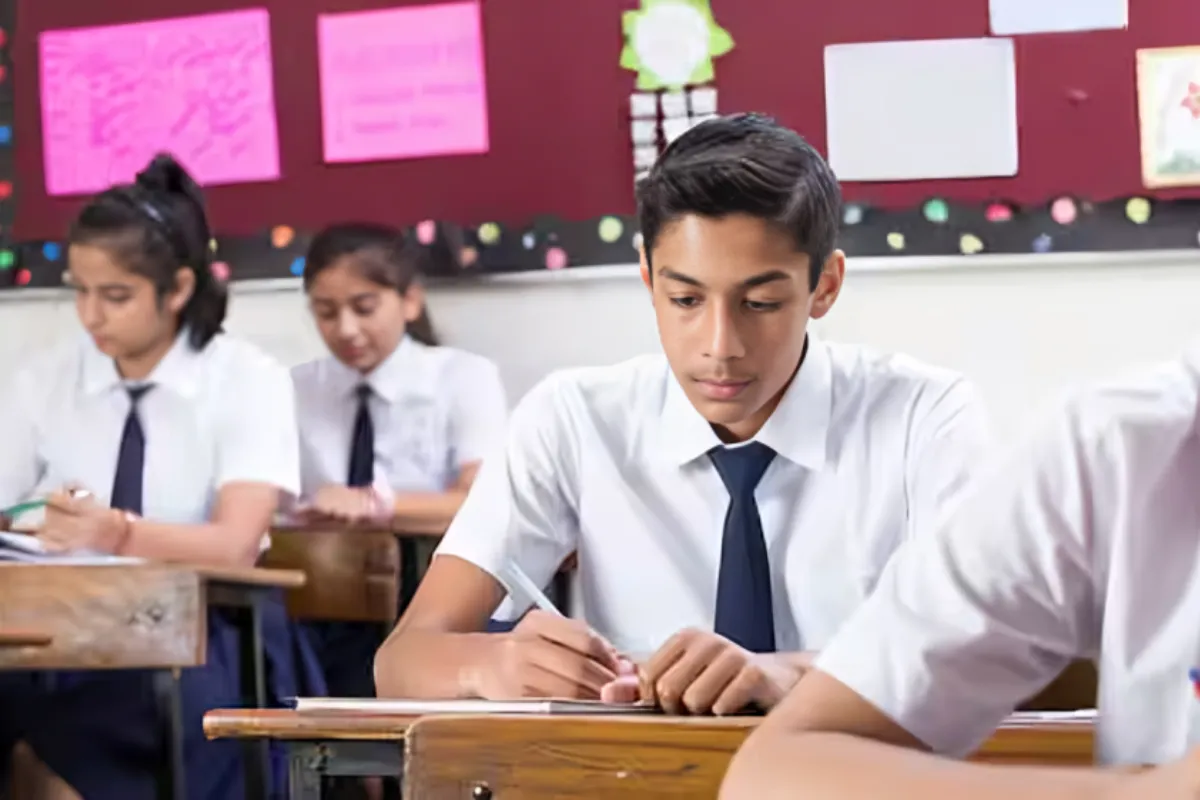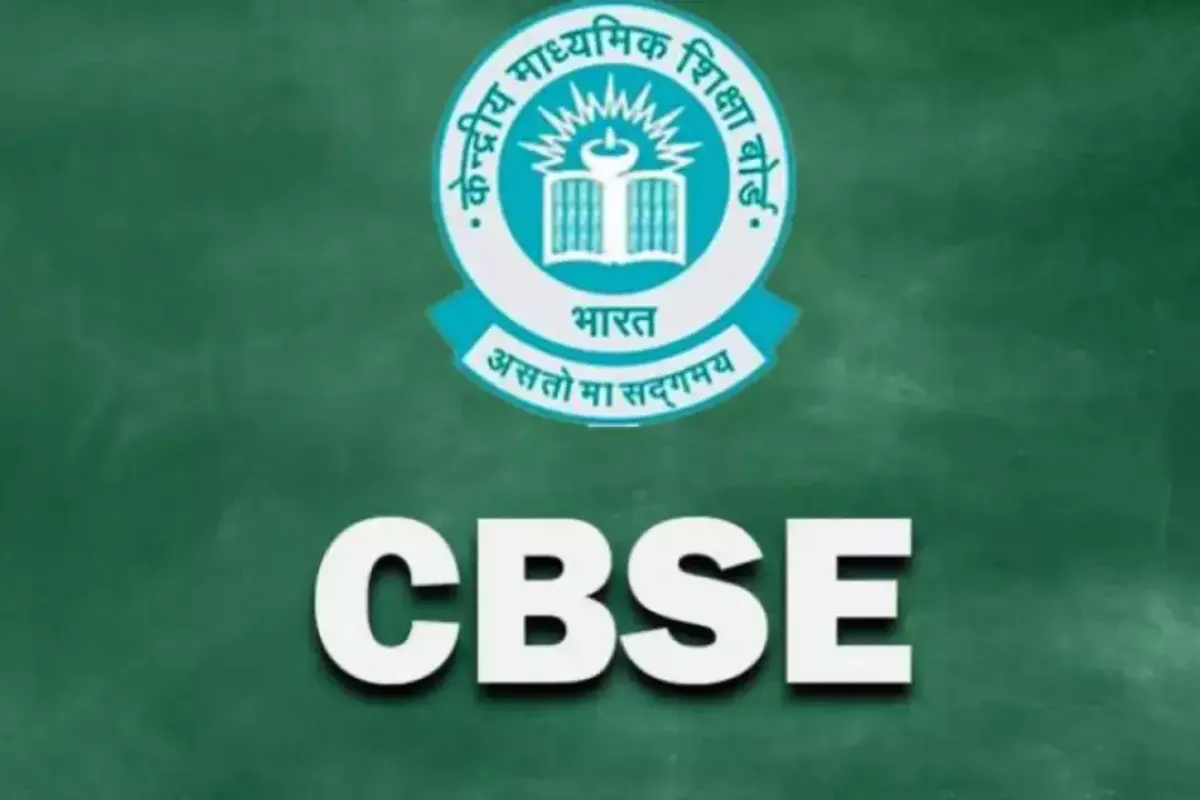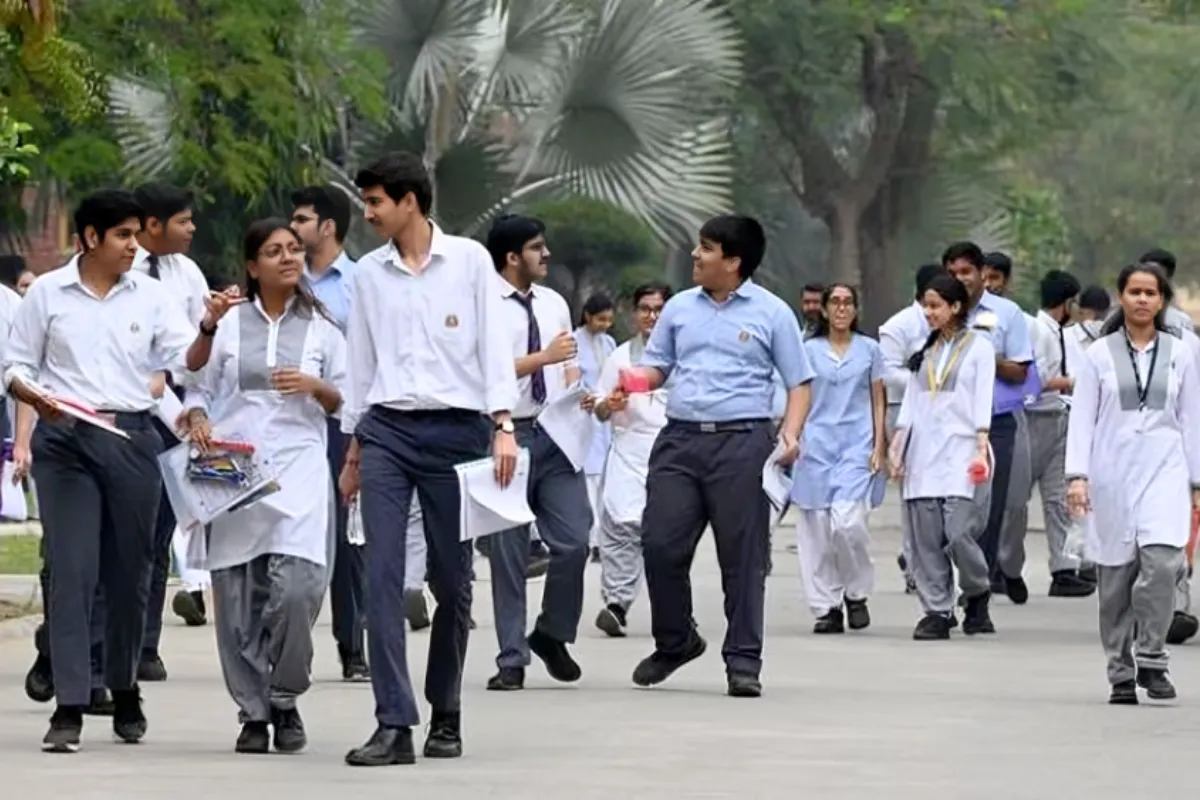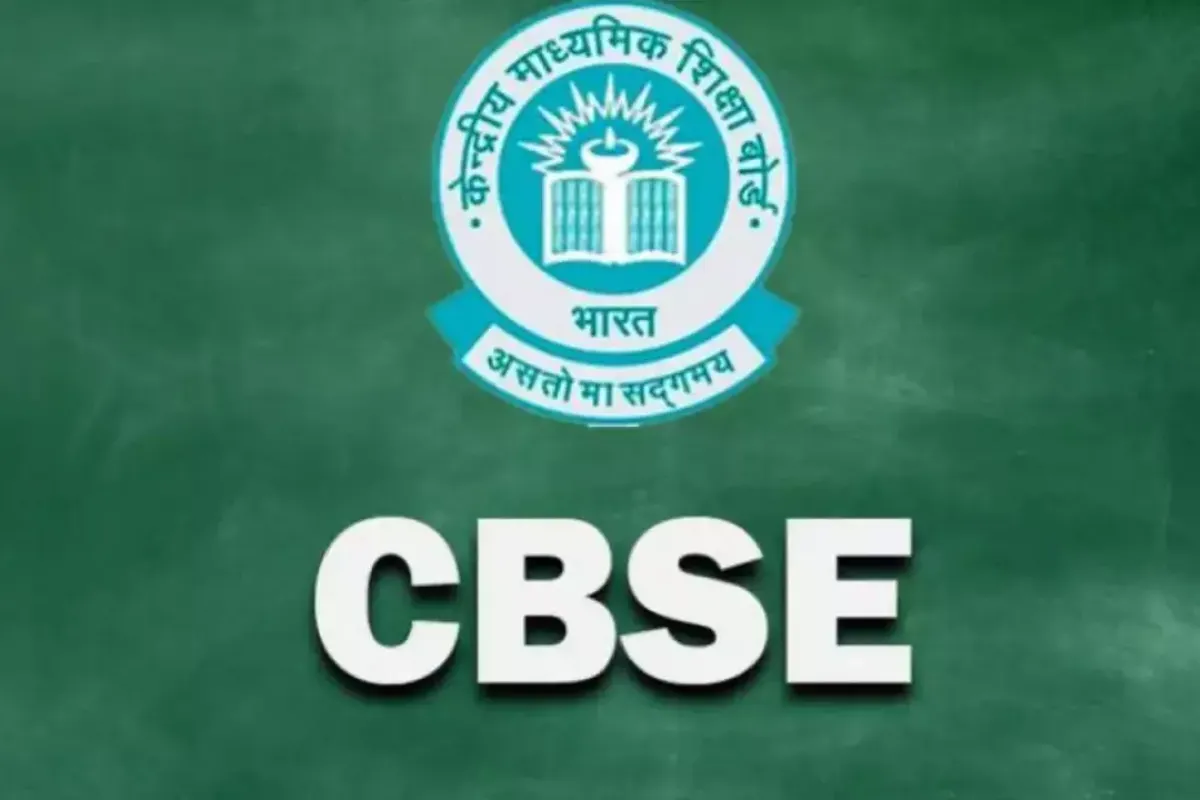The Central Board of Secondary Education (CBSE) is gearing up for a transformative shift in its examination system, contemplating the adoption of Open Book Examinations (OBE) for students from Classes 9 to 12. This move, in line with recommendations from the recently updated National Curriculum Framework, aims to revolutionize assessment methods and foster deeper learning among students.
Pilot Run to Test Feasibility and Efficacy
In a strategic move, the CBSE is set to conduct a pilot run of open-book assessments in selected schools, targeting key subjects such as English, Mathematics, and Science for Classes 9 and 10, and English, Mathematics, and Biology for Classes 11 and 12. This pilot, scheduled for November-December, seeks to evaluate student performance, gauge the time taken to complete tests, and gather valuable feedback from stakeholders.
Challenging Misconceptions
Contrary to popular belief, open-book exams do not necessarily equate to easier assessments. Rather, they demand students to showcase comprehension, analysis, and application of concepts, moving away from rote memorization. The emphasis lies on evaluating higher-order thinking skills, critical analysis, and problem-solving abilities, fostering a deeper understanding of subjects.
Building on Lessons Learned
The CBSE’s decision to explore OBE builds upon past experiments, including the Open Text-Based Assessment (OTBA) format, which was discontinued due to feedback. Learning from this experience, the curriculum committee stresses the importance of high-quality textbooks and teacher involvement in initial OBE trials to ensure standards akin to advanced placement examinations.
Guidance from Delhi University and Addressing Concerns
To navigate this transformative journey, the CBSE plans to finalize the design and development of the OBE pilot by June, seeking guidance from Delhi University (DU), which pioneered open book tests during the Covid-19 pandemic. While the initiative initially faced opposition, particularly regarding equitable access for underprivileged and visually challenged students, the board remains committed to addressing these concerns through careful planning and inclusive practices.











